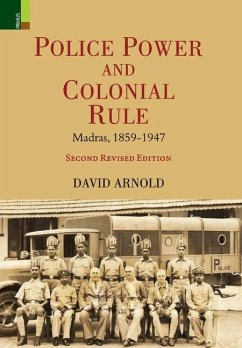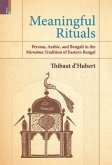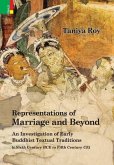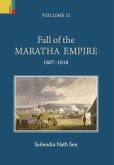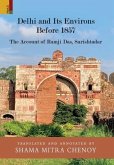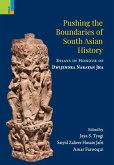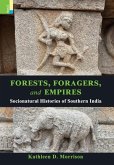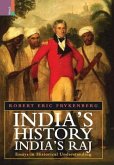Police Power and Colonial Rule analyses the increasing deployment and growing authority of the police in the Madras Presidency of British India, demonstrating the centrality of policing to the colonial regime and its legacies. Beginning with the formation of a colonial constabulary in 1859, the book examines the evolving organization and structure of the force, its racial hierarchies, and response to rapidly changing political and social conditions that led up to Indian independence. Based on cutting-edge research, this work explores the contested role of the police in combating nationalist opposition and labour militancy, and shows how the police, through the formation and expansion of armed units, replaced the military in enforcing internal order and suppressing anti-colonial resistance. The book also examines the impact of colonial policing on both rural and urban society in south India and discusses how nationalists opposed police brutality while ultimately seeking ascendancy over the force. Grounded in India's colonial history, the book is also directly relevant to the critical study of postcolonial India and colonial policing around the world. For this revised edition, the author has written a new Introduction setting out the scope of the work and placing it in the context of recent police studies.
Hinweis: Dieser Artikel kann nur an eine deutsche Lieferadresse ausgeliefert werden.
Hinweis: Dieser Artikel kann nur an eine deutsche Lieferadresse ausgeliefert werden.

